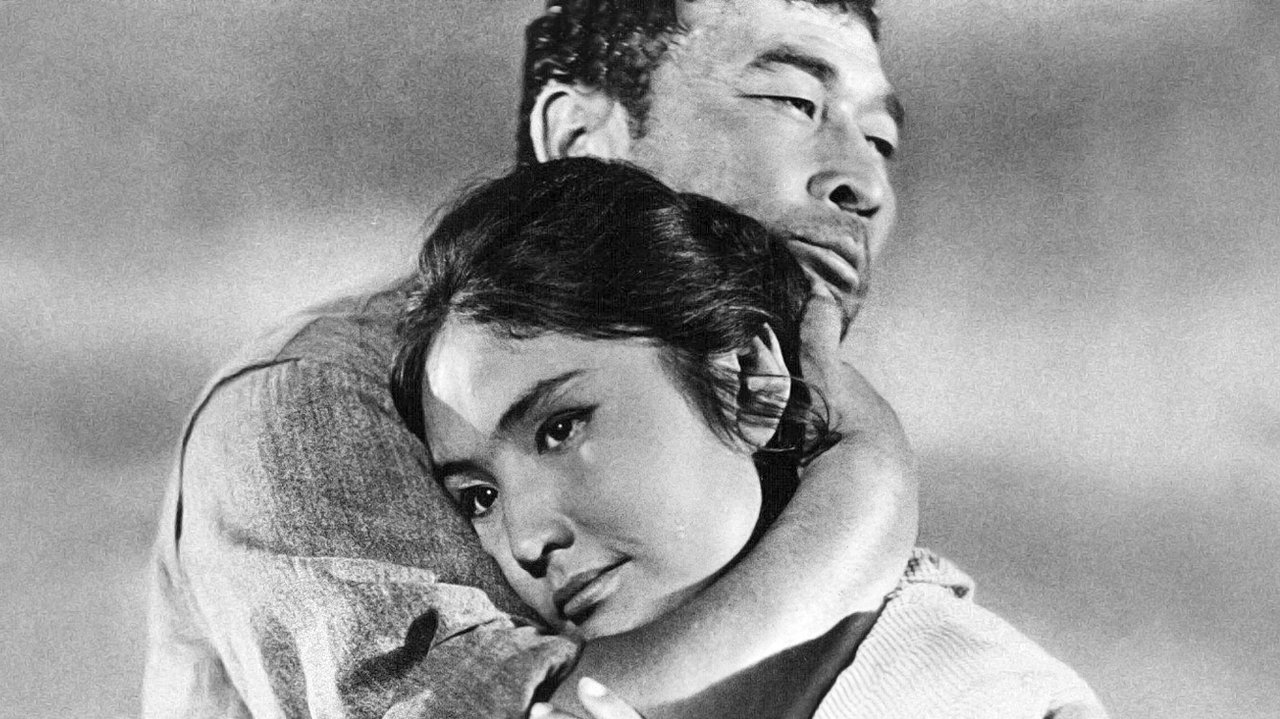
Heat (1963)
An idealistic high school graduate goes to work on a state farm on the Kazakh steppe, only to clash with its authoritarian leader.

An idealistic high school graduate goes to work on a state farm on the Kazakh steppe, only to clash with its authoritarian leader.
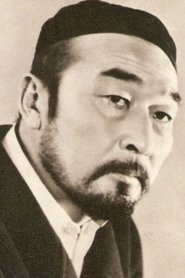 Nurmukhan ZhanturinAbakir
Nurmukhan ZhanturinAbakir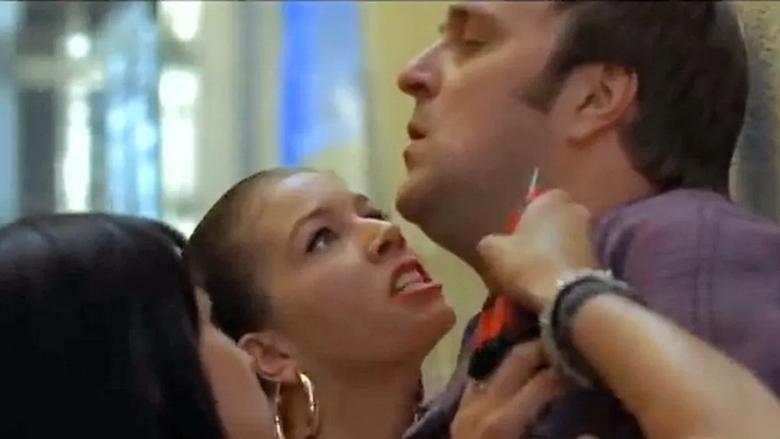
On what seems to be just another ordinary day, a man is exposed to sexism and sexual violence in a society ruled by women.
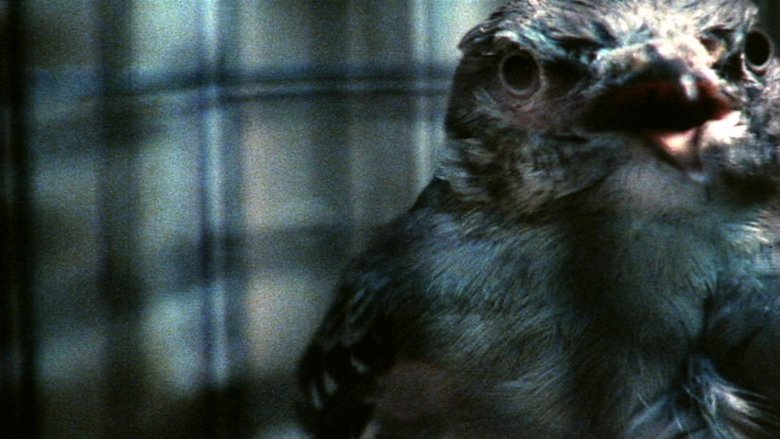
A meditation on freedom and technological approaches to manifest destiny.
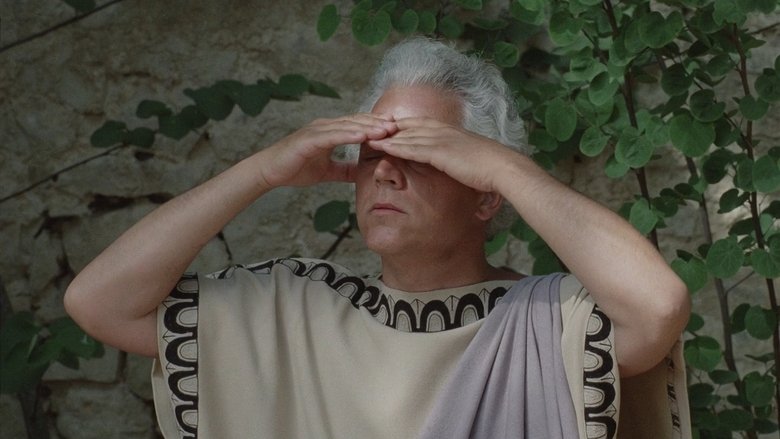
Film adaptation by Straub and Huillet of Hölderlin’s 1798 tragedy on the symbolic death of Empedocles, the legislator in Ancient Greece.
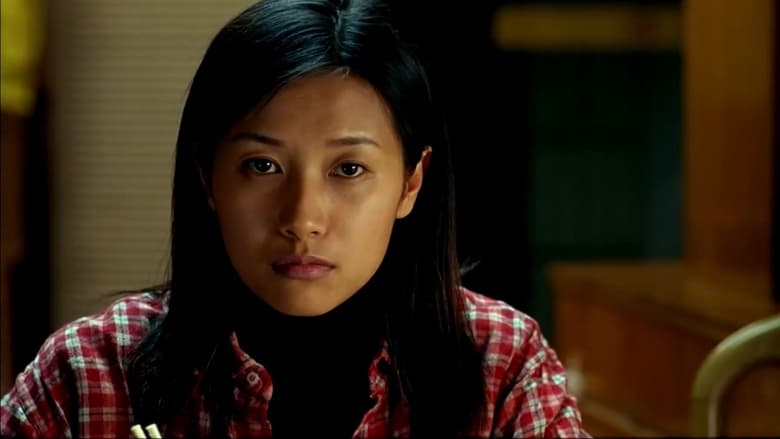
After Xiao Yu's mother died in an accident, she moved back to live with her birth father who she knows little about. Gradually, they grew to know each other and to accept each other for who they are.
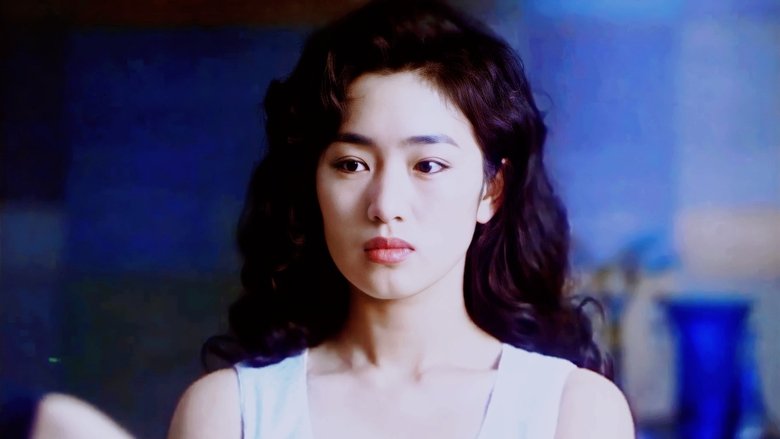
Ma Lei which sounds like "Mary" is a Chinese citizen, living in Hong Kong as the kept woman of a jeweler. She wishes for two things: to get her Hong Kong Identity Card, which will enable her to get work as a legal immigrant; and to marry her boyfriend.
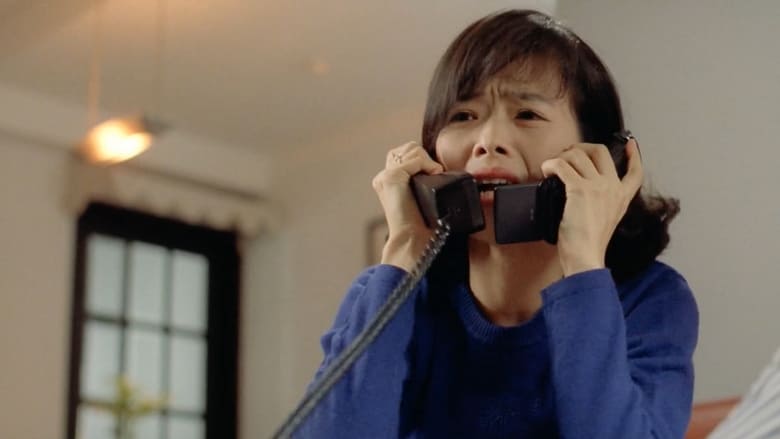
The Chen family contagiousness extends to taking on an extra-marital affair. Gua Ah-leh is at the movie's centre: she shines as Lung's wife, who finds she has a thing or two to learn from the gigolo after Lung blithely. Lang Hisung plays old dentist for broad comedy he is sixty years old.
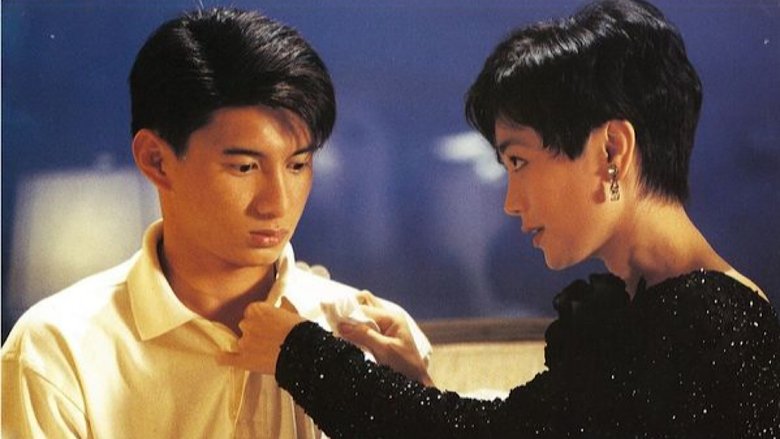
Three directors deliver three stories about the love in the modern world.

Jess Bhamra, the daughter of a strict Indian couple in London, is not permitted to play organized soccer, even though she is 18. When Jess is playing for fun one day, her impressive skills are seen by Jules Paxton, who then convinces Jess to play for her semi-pro team. Jess uses elaborate excuses to hide her matches from her family while also dealing with her romantic feelings for her coach, Joe.
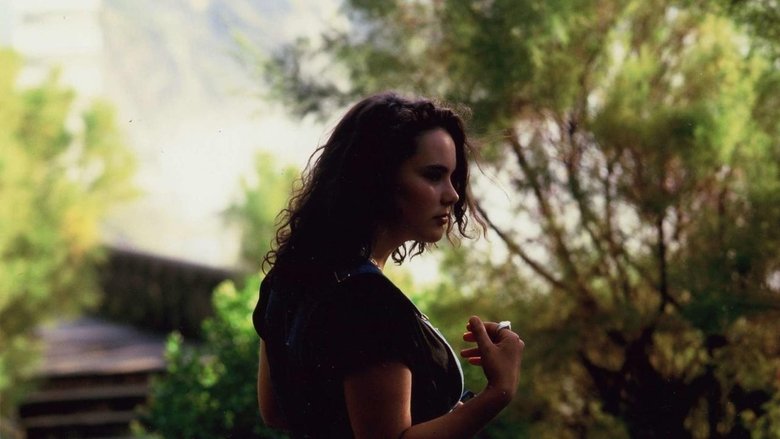
Lili, a pouty and voluptuous 14-year-old, is caravan camping with her family in Biarritz. She's self-aware and holds her own in a café conversation with a concert pianist she meets, but she has a wild streak and she's testing her powers over men, finding that she doesn't always control her moods or actions, and she's impatient with being a virgin. She sets off with her brother to a disco, latching onto an aging playboy who is himself hot and cold to her. She is ambivalent about losing her virginity that night, willing the next, and determined by the third.
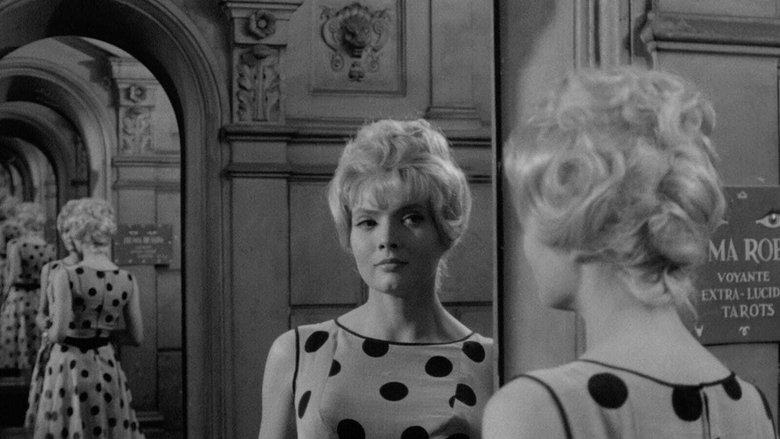
Agnès Varda eloquently captures Paris in the sixties with this real-time portrait of a singer set adrift in the city as she awaits test results of a biopsy. A chronicle of the minutes of one woman’s life, Cléo from 5 to 7 is a spirited mix of vivid vérité and melodrama, featuring a score by Michel Legrand and cameos by Jean-Luc Godard and Anna Karina.

An emotionally scarred highway drifter shoots a sadistic trick who rapes her, and ultimately becomes America's first female serial killer.
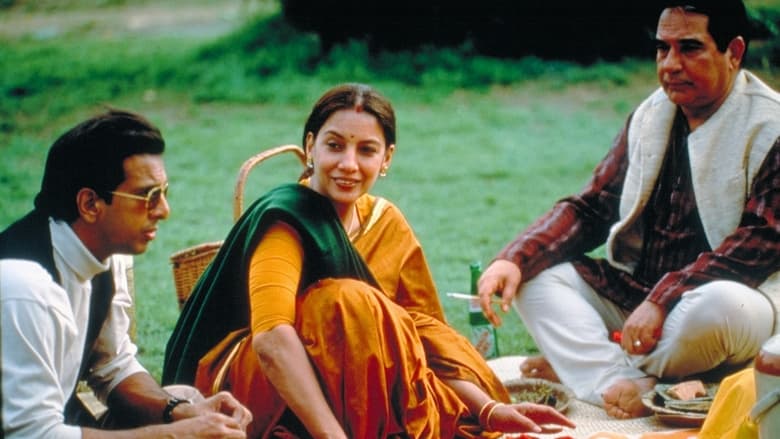
In a barren, arranged marriage to an amateur swami who seeks enlightenment through celibacy, Radha's life takes an irresistible turn when her beautiful young sister-in-law seeks to free herself from the confines of her own loveless marriage.
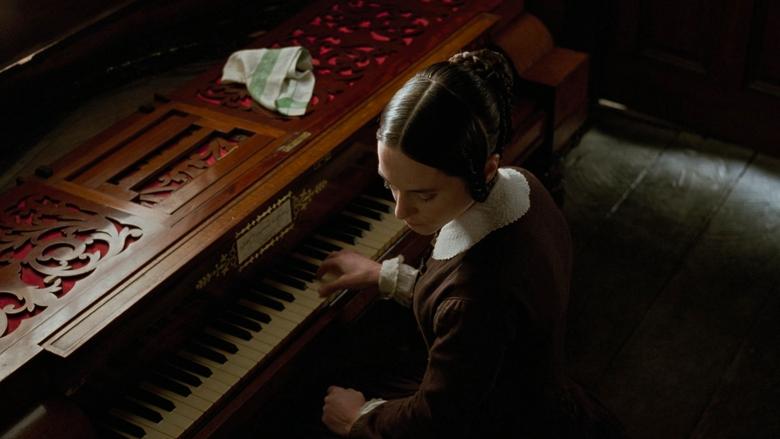
When an arranged marriage brings Ada and her spirited daughter to the wilderness of nineteenth-century New Zealand, she finds herself locked in a battle of wills with both her controlling husband and a rugged frontiersman to whom she develops a forbidden attraction.

A family loaded with quirky, colorful characters piles into an old van and road trips to California for little Olive to compete in a beauty pageant.
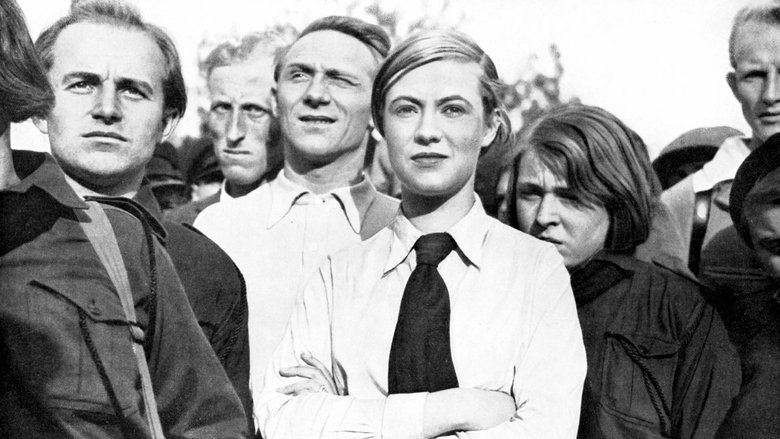
Kuhle Wampe takes place in early-1930s Berlin. The film begins with a montage of newspaper headlines describing steadily-rising unemployment figures. This is followed by scenes of a young man looking for work in the city and the family discussing the unpaid back rent. The young man, brother of the protagonist Anni, removes his wristwatch and throws himself from a window out of despair. Shortly thereafter his family is evicted from their apartment. Now homeless, the family moves into a garden colony of sorts with the name “Kuhle Wampe.”
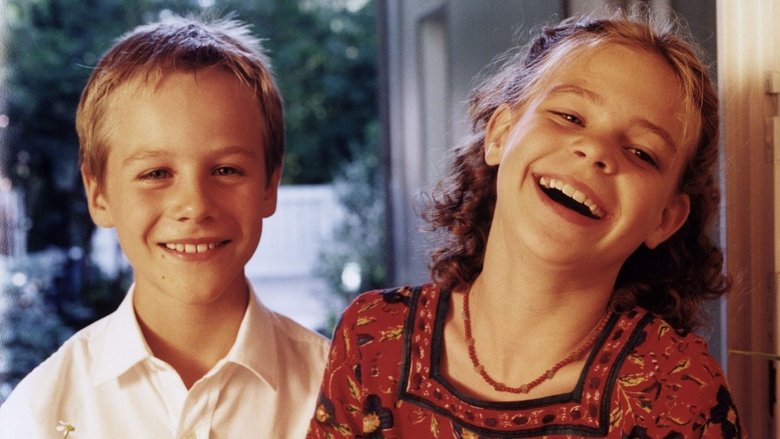
Luise, called Pünktchen, and Anton are closest of friends. Being the daughter of a wealthy surgeon, young Pünktchen lives in a great house. Her mother, who always travels through the world more for public relation reasons than for the social tasks she pretends to fulfill, is never available to her as a mother. Anton, son of a single and sick mother in financial trouble, does his best to help her out of it by working late. Pünktchen decides to help her only friend (as nobody else would anyway) and starts singing in public places. Trouble arises when Anton can't resist stealing a golden lighter and Pünktchen's secret life is discovered by her parents. Two troubled families finally can see the need for actions to be taken.
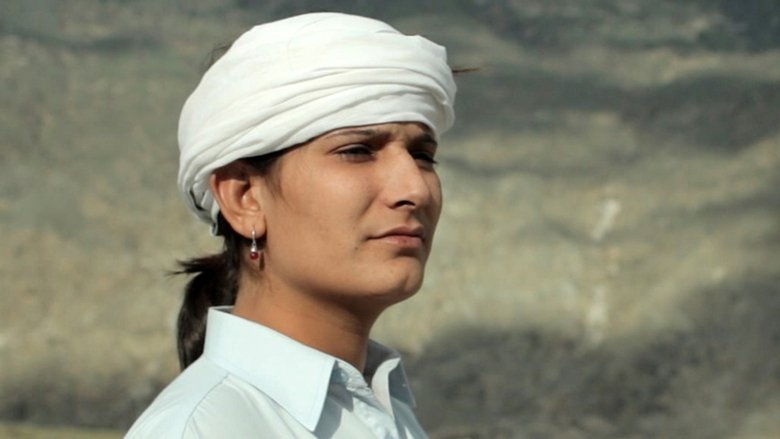
Noor wants to be a man. He doesn't belong anymore to the Khusras, Pakistan's transgender community. And he is definitely done with the love story he had with one of them, that had drastically changed his life. Now, he is doing a man's job in a Truck Decoration Center and he made up his mind: he will find a girl who will accept him as he is.
Based on a true story, Yoshiko and Yuriko relates the journey and great love affair of Yoshiko, who was a renowned translator of Russian literature and drama, and Yuriko, who was a feminist novelist and great activist of the post-war democratic literature movement. Both have left huge marks on Japanese literary history. The two women shared a strong attraction to each other from their first meeting and enjoyed a powerful love affair. Yoshiko reveals that she's an out lesbian, whilst Yuriko is married (not altogether happily) to a well-known scholar - a situation she can't walk away from with ease.
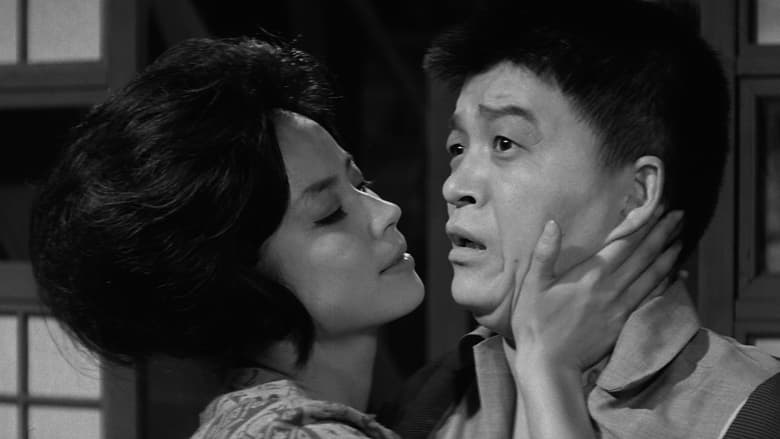
In the wake of the 1956 Prostitution Prevention Law, a young woman recently released from one of Japan's new rehabilitation centers struggles to build a new life.
Film comprised of six vignettes each illustrating one aspect of life in the French capital, each set in a different area of the city.